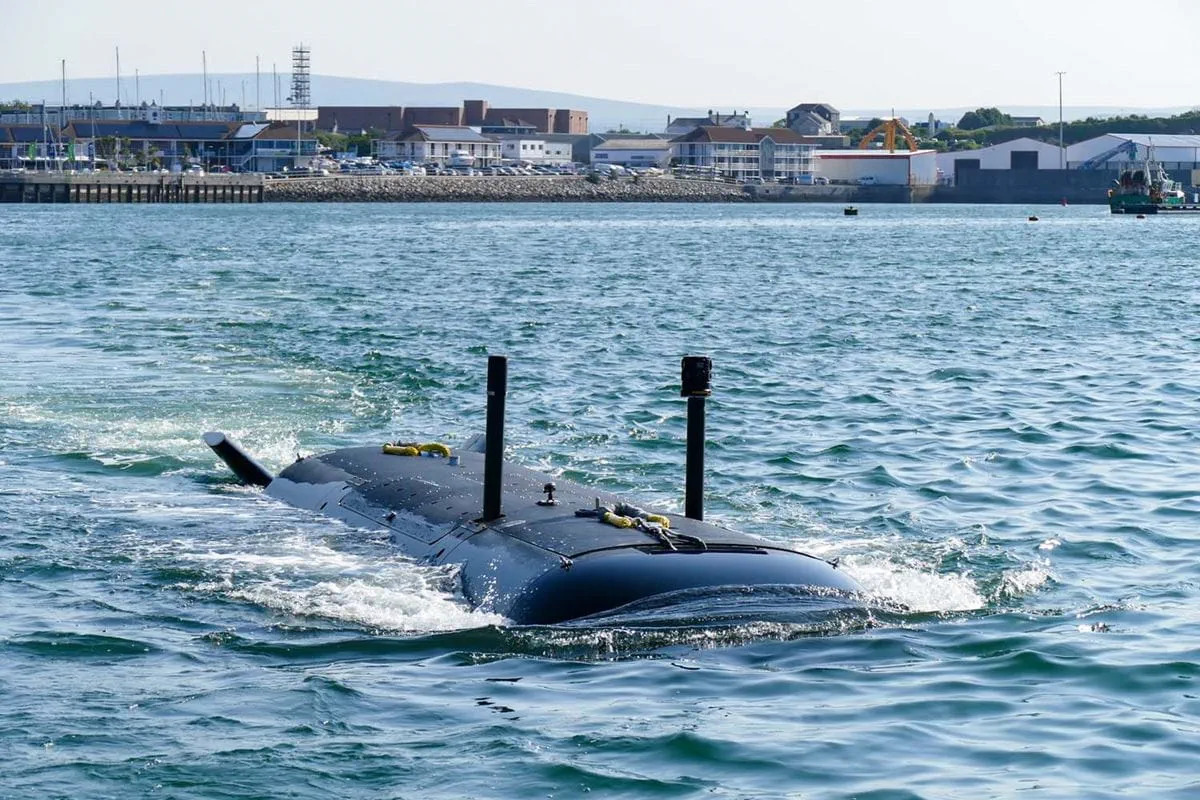
The Royal Navy has trialed Infleqtion’s Tiqker quantum optical atomic clock aboard the testbed submarine XV Excalibur, demonstrating ultra-precise timing for navigation under GPS-denied conditions.
Unlike surface vessels, submarines rarely surface to access GPS signals and instead rely on internal systems such as inertial navigation and acoustic positioning.
Precise timing is essential for navigation systems, as minor sensor errors can gradually accumulate and cause the system’s position estimate to drift.
Traditional microwave-based atomic clocks offer stable performance but can still experience small timing drifts over extended periods.
Quantum optical atomic clocks use much higher frequency oscillations than conventional atomic clocks, resulting in exceptional precision and timing stability.
The first-ever deployment of a quantum optical atomic clock on an underwater autonomous vehicle is aimed at enhancing navigation accuracy and allowing longer, covert submerged operations.
“This trial is a significant milestone in the development of Extra Large UUV (unmanned underwater vehicle) capabilities in the Royal Navy,” Commodore Marcus Rose said.
“It demonstrates the ability to rapidly develop and integrate payloads into uncrewed host platforms, which is essential for ensuring the Royal Navy can respond to, and get ahead of, adversary capabilities.”
XV Excalibur is a pioneering testbed driving the UK’s adoption of autonomous technologies in underwater missions.
Tiqker Optical Atomic Clock
According to Infleqtion, the clock’s atomic transition frequency is 10,000 times higher than that of microwave clocks, resulting in superior precision and environmental stability.
In addition, Tiqker delivers precise onboard time reference for key submarine systems such as sonar, fire control, and secure communications, thereby improving overall mission effectiveness.
The trial demonstrated Tiqker’s ability to maintain reliable performance through multiple dive cycles, confirming its ruggedization and readiness for real-world naval operations.
Further benchmarking against precision time standards is planned, but the trial already proves the potential of advanced quantum timing under harsh maritime conditions.
“By putting Tiqker directly on the Royal Navy’s Excalibur testbed submarine, a next-generation autonomous platform, we are laying the foundation for fleets to navigate, coordinate, and operate with precision in any environment,” General Manager of Infleqtion UK, Ryan Hanley, said.
“We are grateful to the Royal Navy for their continued partnership on cutting-edge quantum technology trials accelerating adoption into naval operations.”